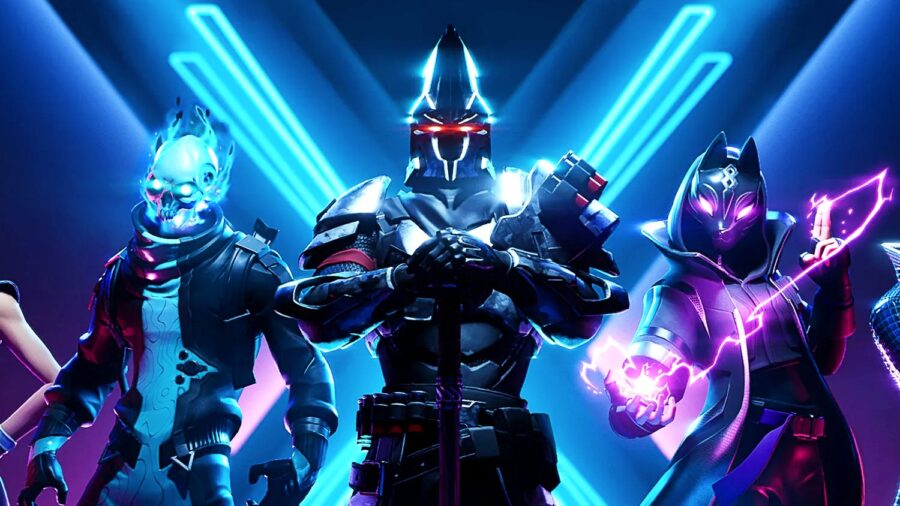Fortnite Ordered To Pay A Ridiculous Amount Of Money In Settlement
Fortnite publisher Epic Games is paying the FTC an estimated $520 million settlement.

Fortnite developer and publisher Epic Games has been fined a ridiculous amount of money to settle with the Federal Trade Commission over violations of the Children’s Online Privacy Protection Act. According to IGN, the company is expected to pay a $245 million fine against Fortnite‘s in-game store and refund system and another $275 million to address the child privacy concerns—totaling $520 million. This fine represents a significant settlement for a company that earned more than $9 billion between 2018 and 2019, despite regularly gifting games.
The first fine, the one directed to the COPPA Rule, which imposes limitations on websites and online services directed to children under 13 years old, regards the company’s in-game chat service, and its privacy settings. FTC has alleged that Epic paired children and teens with strangers, thus exposing them to dangerous and psychologically traumatizing issues, such as online bullying, by failing to implement adequate parental control systems. Protecting children gamers is often an issue in multiplayer settings, as they’re often exposed to foul and offensive language.

As a result, Epic will have to implement voice and text communication restrictions for children and teens under 13 unless the use of such systems has been sanctioned by their parents—who will have to provide consent through the privacy settings. Fortnite developers will also have to delete any personal information gathered from the Fortnite gamers in violation of the COPPA rule and establish a more comprehensive privacy program. Admittedly, no developer is actually developing content with the intention of harming anyone.
Epic agreed, accepted the settlement, and issued an official statement saying that the decades-old statutes about child online protection don’t actually specify how gaming ecosystems should operate. However, the company accepts the agreement because it gains the opportunity to be at the forefront of consumer protection and provide the best and safest gaming experience for all players, especially the youngest in the gaming community. This encapsulates both the children’s privacy and predatory microtransactions.
The second fine regards Epic’s seemingly deliberate privacy-invasive default settings within their content that employ deceptive interfaces to trick players into making unintentional purchases. This has been an issue within the gaming industry, and Epic is just the latest of gaming giants to get in the crosshairs of the legal system over their exploitation of counterintuitive interfaces. Another issue is payment authorization or lack thereof. Children have racked up hundreds or thousands of dollars in charges before their parents even became aware of what’s happening.
This malicious practice is often legally overlooked, as gaming companies often issue refunds to those who complain and continue to fleece those who don’t. However, Epic chose to ignore more than a million users’ complaints over wrongful charges, and they have apparently reached “critical mass.” And this isn’t the only legal battle the Fortnite maker has been locked into. The company has recently clashed with Apple over their money-grabbing tactics, and the public—usually in favor of the underdog—rooted for Epic’s victory that never came to be.












